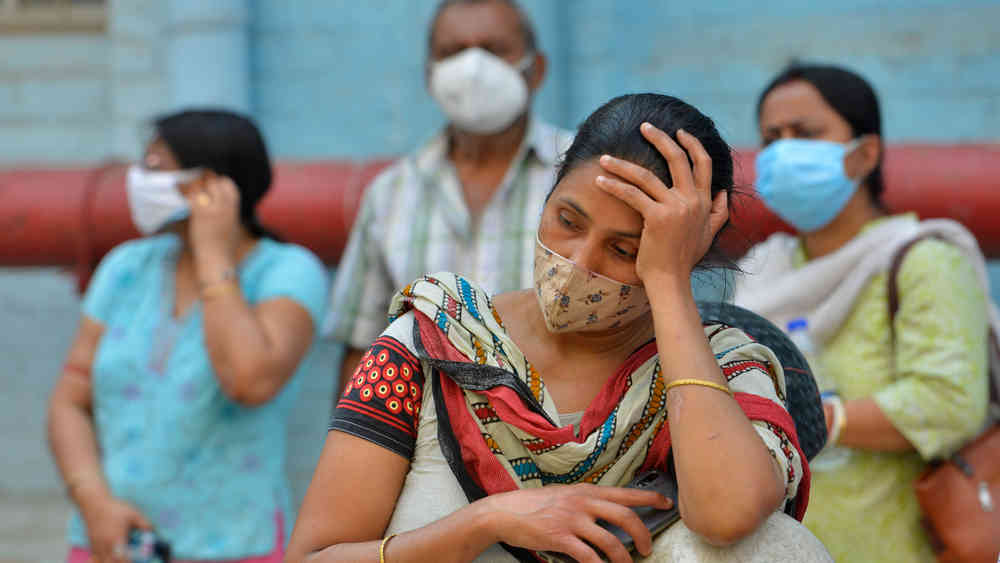With the advent of the Covid-19 pandemic, normal life — in India and across the world — has been fundamentally disrupted. More worrying is the fact that the virus has also adversely affected life expectancy. A recent study has revealed that life expectancy at birth of both men and women in India decreased by around two years — from 69.5 years and 72 years in 2019 to 67.5 years and 69.8 years, respectively — in 2020 owing to Covid-19. The term refers to the average number of years that a newborn is expected to live if the mortality pattern at the time of birth remains constant in the future. Given that the number of Covid deaths in the country has by now crossed 4.5 lakh — this is the official tally — the drop in life expectancy is not surprising. The pandemic has even undone a decade’s efforts to increase life expectancy in the country — it has now regressed to the 2010 figures. But this is no reason to lose heart. Experts argue that such a decline is not uncommon after a health crisis of a massive scale — life expectancy in Africa had dropped drastically owing to the HIV/AIDS epidemic, but it recouped in a few years.
The parity in the decline in life expectancy across the gender divide can be misleading: the impact of the pandemic on men and women has been far from equal. Globally, as in India, more women lost their jobs during Covid-19 than men. During the lockdown, this difference amounted to 40 percentage points. The burden of unpaid care work at home, exacerbated by the pandemic, also fell disproportionately on female shoulders. However, government outreach and palliative measures have not been weighted appropriately to correct this imbalance — even as India administered one billion jabs, official data indicate that 6 per cent fewer women are getting vaccinated. Other marginalized constituencies are being affected unevenly too. The pandemic’s wrath has fallen even more harshly on the transgender community — many have reportedly been deprived of even the subsistence allowance of Rs 1,500 pledged by the Union government. The inoculation campaign has, thus, been smeared by existing social cleavages. That the pandemic would curtail life was expected; but it is the duty of the government to ensure vulnerable constituencies are not disenfranchised — socially, economically and in terms of health. Vigilance and closer monitoring of the health and rightful benefits of women and those on the margins are key to equitable healthcare and quality of life.











